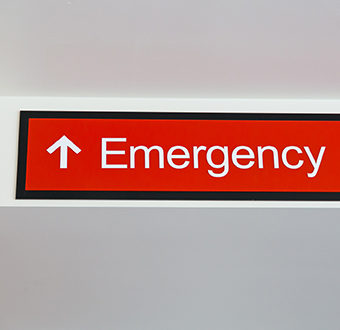GP out-of-hours activity has increased by 10,000 patients in 2015 and community intervention team (CIT) activity — which is particularly focused on relieving pressures in emergency departments (EDs) in hospitals — has increased by 30 per cent compared to last year.
GP out-of-hours services and primary care teams (PCTs) provided alternatives to EDs, said the Minister for Health, Dr Leo Varadkar.
Primary care services reduced ED attendances through avoidance measures such as access to primary diagnostic tests and provision of chronic disease and minor injury care in primary care settings, thus enabling earlier discharge from hospitals, the Minister said.
Some CITs are now actively working in nursing homes. Where equipment, aids and appliances were required to facilitate hospital discharges, community teams were given priority to acquire these, and palliative care and end-of-life services in the community were also being enhanced, Dr Varadkar told the Dáil.
Additional beds are being provided in Galway and nurse specialist appointments are now under way.
Pressures on EDs can arise due to poor interaction with primary care provision. Where CITs are in place, patients can avoid admission or be sent home early as the nurses in the community intervention team can administer IV, or drips, at home, check wounds, or monitor bloods. Where CITs were not in place, patients had to stay in hospital until everything was sorted, said Dr Varadkar.
Capacity in primary and community care were essential, said the Minister. They support people outside of hospital enabling them to access care in a primary or community setting or assisting them in the move out of hospitals to home or residential care.
The 88 actions identified through the Emergency Taskforce “are a combination of immediate measures to target the pressure areas as well as long-term sustainable solutions, which of course will take time to implement,” said Dr Varadkar.
“These are designed to address ED crowding, provide specific care pathways for frailer patients, specifically elderly patients, and facilitate early discharge planning, beginning when patients first come into the hospitals with community and primary care services closely involved.”
The solutions also envisage more efficient discharge processes, including weekend discharges in order that patients can be discharged as soon as they are medically fit and better access to home care and care in the community. Other plans include making the best use of all the non-emergency department facilities available, such as medical assessment units, minor injury units and urgent care centres.
gary.culliton@imt.ie
 Irish Medical Times Medical News for Healthcare Professionals
Irish Medical Times Medical News for Healthcare Professionals







